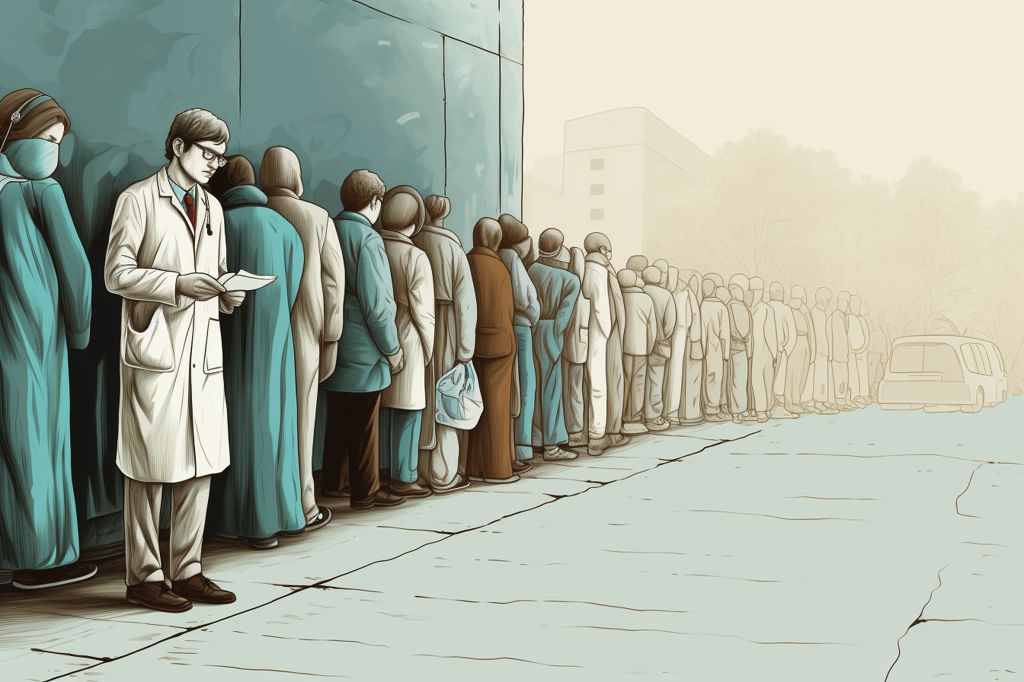After a long wait of almost a year, the man charged with the murder of Klawer teenager Jerobiojin van Wyk, Daniel Smit, is finally undergoing a mental evaluation at Valkenberg Psychiatric Hospital in Cape Town. The discovery of Jerobiojin’s remains in sewerage pipes at Smit’s residence led to his arrest last year, and he was subsequently charged with murder, attempted murder, kidnapping, defeating the ends of justice, and failure to report the incident to the police. Allegedly, the teenager was killed for stealing mangoes from Smit’s garden.
Delayed Psychiatric Evaluation and Troubled Past
Following Smit’s arrest in 2021, he was referred to psychiatric evaluation, but the assessment was delayed due to the unavailability of beds. However, during a recent appearance at the Klawer Magistrate’s Court, Smit learned that a bed at the psychiatric hospital had finally become available. A psychologist, CWA van Zyl, provided insight into Smit’s troubled past, reporting that he had been involved in Chinese occult rituals since the age of 13 and had committed a serious assault before turning 15. Describing Smit as a loner who was suspicious of others’ intentions and naïve, van Zyl revealed that he found acceptance and power in social interactions through his involvement in Chinese occult rituals. These practices seemingly justified his anger, rage, and retaliation.
Referral for Mental Evaluation
Eric Ntabazalila, the spokesperson for the National Prosecuting Authority, explained that two key questions were raised before Smit’s referral for a mental evaluation. The first question was whether he could follow court proceedings and actively participate. The second question was whether he was able to distinguish between right and wrong, and act accordingly. Ntabazalila stated that when either of these questions, or both, are raised and the court is satisfied with the accused’s standing, the court must refer the accused for observation at a designated health establishment, such as Valkenberg.
The Need for Improved Mental Healthcare Infrastructure and Resources
The unfolding story of Daniel Smit and the murder of young Jerobiojin van Wyk underscores the urgent need for improved mental healthcare infrastructure and resources. The nearly-year-long wait for a bed at Valkenberg Psychiatric Hospital highlights the difficulties faced by mental health patients and the criminal justice system. Moreover, it draws attention to the significant role mental health plays in the prevention and understanding of criminal behavior.
Lessons Learned and Future Hopes
As the case proceeds and Smit’s mental evaluation continues, the Klawer community and the nation at large await the outcome with great anxiety. While the tragic loss of Jerobiojin van Wyk can never be undone, it is hoped that this case will prompt meaningful discussions on mental health and its intersections with crime and justice. Ultimately, the lessons gleaned from this harrowing situation may help prevent similar tragic incidents and contribute to fostering a more compassionate and informed society.












